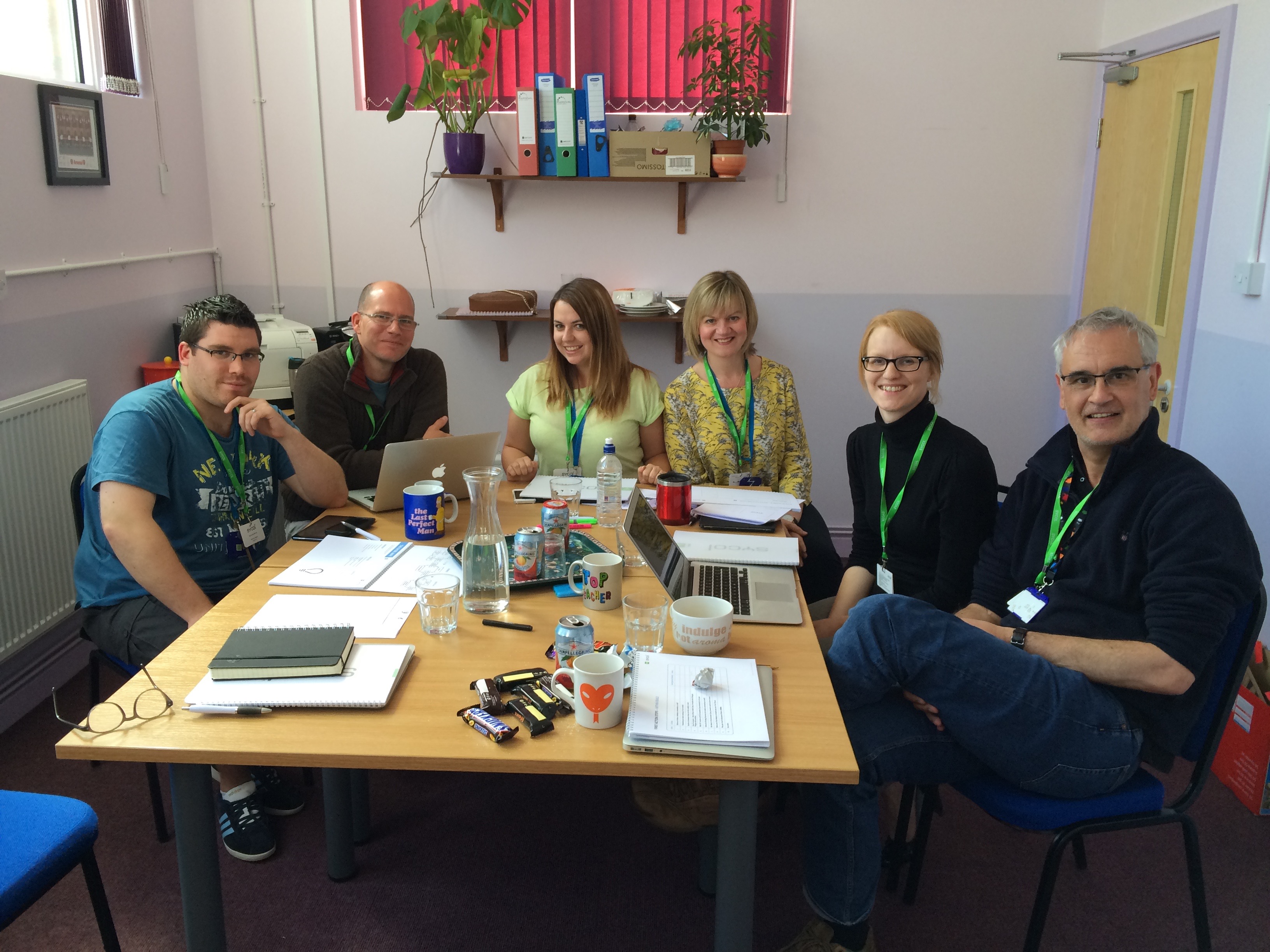We started our SYCOL journey with Ioan and the SYCOL team towards the end of the 2014/15 with a whole staff meeting, which Ioan facilitated. We were encouraged to discuss as a whole staff what we were proud of in our school, and what were the key areas in which we knew we had to improve. The ethos of ‘continuous improvement’ which underpinned the discussions reflected the attitude of staff and, as a result, ideas were flowing. It was fantastic to have an open and honest conversation across all colleagues about how we worked, what we deemed as successes of the team and areas we wanted to focus on and develop across the whole school.
One key area that all staff agreed needed developing was homework and we knew this was an issue that many parents were passionate about as well. We realised there was not a consistent system across key phases (never mind whole school) for setting homework, marking it and ensuring it was being completed. Staff felt that the time they dedicated to providing homework was not effective for the impact it was having on children’s learning.

In order to familiarise ourselves with the SYCOL system, we decided to launch this on its own as our initial project, so all staff were involved in the development and we were all learning together how to follow the process to ensure success. The staff we split into four research groups; international, national, local and in-house. They were given three weeks to go away and explore best practice from the setting they’d been given. Three weeks later, we joined together again as a staff to share the research. There was an expectation that all members of staff would come with at least one piece of information or idea, and as a result we had a considerable bank of ideas to explore and decide which would suit our school.
Following this meeting, we then asked staff to volunteer to be part of the focus group, which was to design a new approach to homework to ensure consistency and improved practice across the school. The group created a completely new approach to ‘home learning’, which resulted in optional, tiered challenges and focused on praise for completion rather than punishment for lack of. The initial ideas were presented to SLT for Quality Assurance before being presented to staff when launched. The focus of the home learning tasks are planned so as to link directly to in-class learning, and the tiered options mean home learning is accessible to all, regardless of home circumstances. The focus group members are now in the process of creating a home learning information leaflet for parents. The profile of home learning across the school has greatly increased as a result of the work completed through the SYCOL system. We now have a whole-school consistent approach, supported by all staff. More children are completing home learning tasks now that they are ‘optional’ than were completing them when they were deemed compulsory!
Since completing this innovation using the SYCOL model, we are now working on other areas of school development, including improving our lunch times. Our staff appreciate opportunities to be actively involved in whole school development and because it is not a ‘top-down’ approach, staff have ownership over changes and feel these are more relevant to their own needs and practice. I am looking forward to working more with SYCOL in our school development journey of continuous improvement.
Image by Laura Aziz. All rights. Unsplash.com

